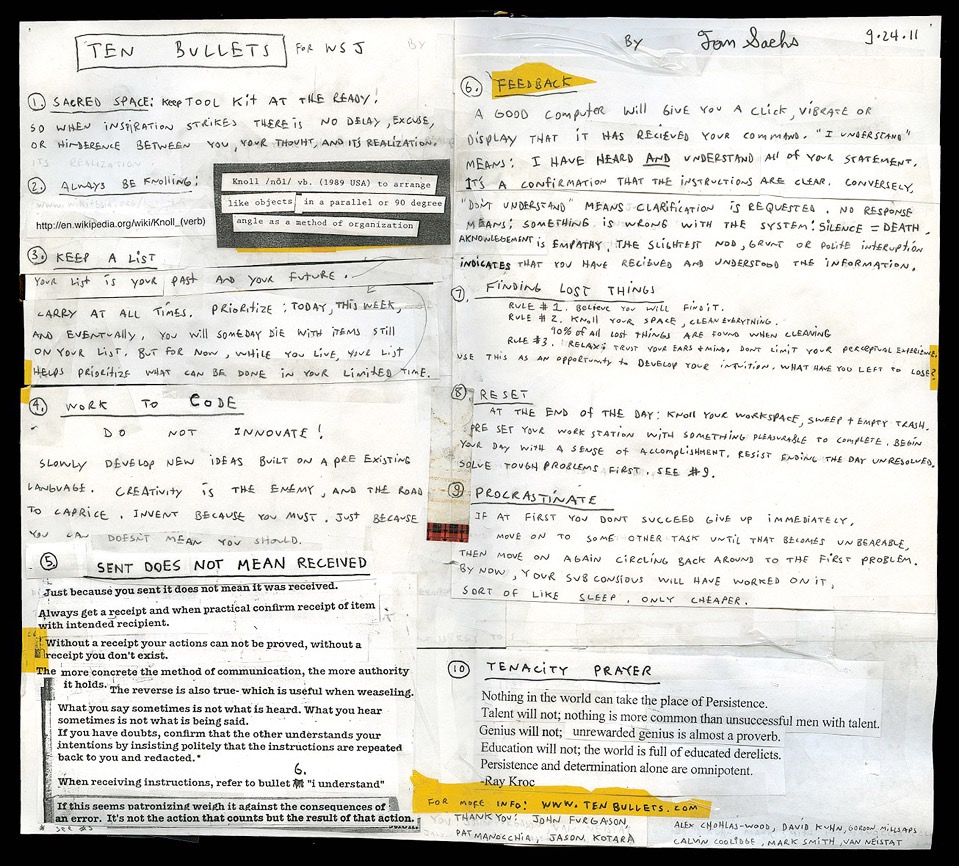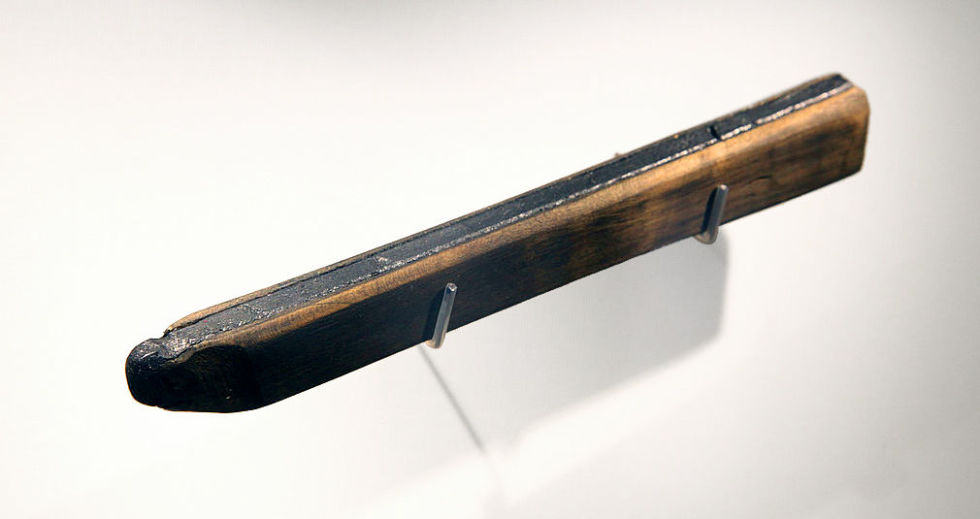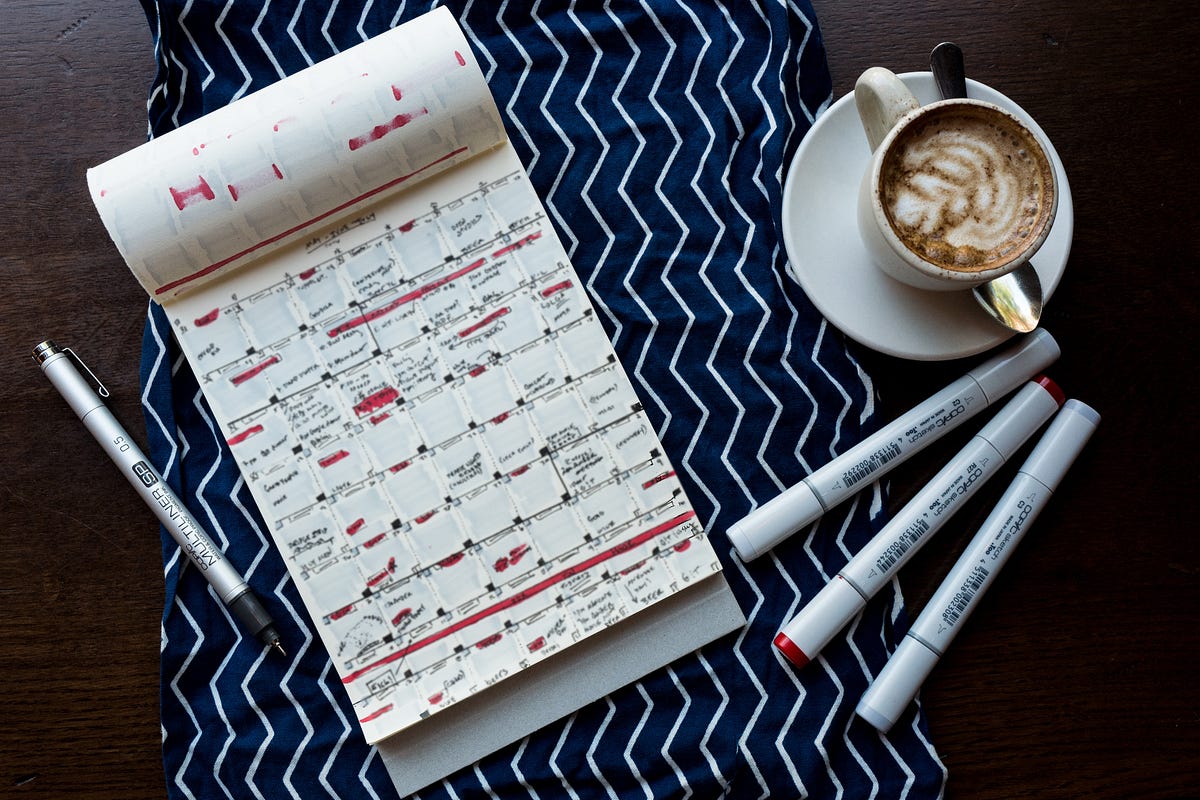How to Keep a Zibaldone, the 14th Century’s Answer to Tumblr | Atlas Obscura
As the merchants traveled Europe, so did this invention—which, like most good ideas, fused with others that had arisen elsewhere. In Ancient Greece, Aristotle had suggested his students keep scrolls of notes from their studies, organized by subject, so that they could return at will to any topic’s “place.” Renaissance-era teachers resurfaced this idea, and by the 17th century, students at Oxford were required to keep “commonplace books,” organized notebooks stuffed with useful texts from elsewhere.
Interesting history of the practice. I keep a commonplace book of my own and highly recommend it.




